The "shocking" ruling of the German Federal Constitutional Court has invalidated the core part of the German Government's legislative agenda, causing Europe's leading economy to falter.
To overcome the deficit-cutting measures, known as the “debt brake,” which leave the German government little room to spend more than it collects in taxes, Chancellor Olaf Scholz’s ruling coalition has relied on a network of extra-budgetary “special funds.”
But the Constitutional Court – one of Germany’s highest courts – blew the whistle on the funds diverted for green projects on November 15, raising questions about Mr Scholz’s government’s ability to access a total of €869 billion that is held outside the federal budget in 29 “special funds”. The court’s ruling forced the government to both freeze new spending and suspend approval of next year’s budget.
More than a week after the ruling, the German government's struggle to come up with a revised budget has not only energized the opposition but also sparked a new wave of infighting within the ruling "traffic light" coalition.
Dilemma
The Constitutional Court's ruling widened the already wide policy differences between the three parties in the coalition – Chancellor Olaf Scholz's centre-left Social Democrats (SPD), Finance Minister Christian Lindner's pro-business Free Democrats (FDP) and the Greens of Vice Chancellor Robert Habeck and Foreign Minister Annalena Baerbock.
Now, those differences further threaten the ability of the “traffic light” coalition (the traditional colors of the three parties) to govern, and even raise the risk of a breakup.
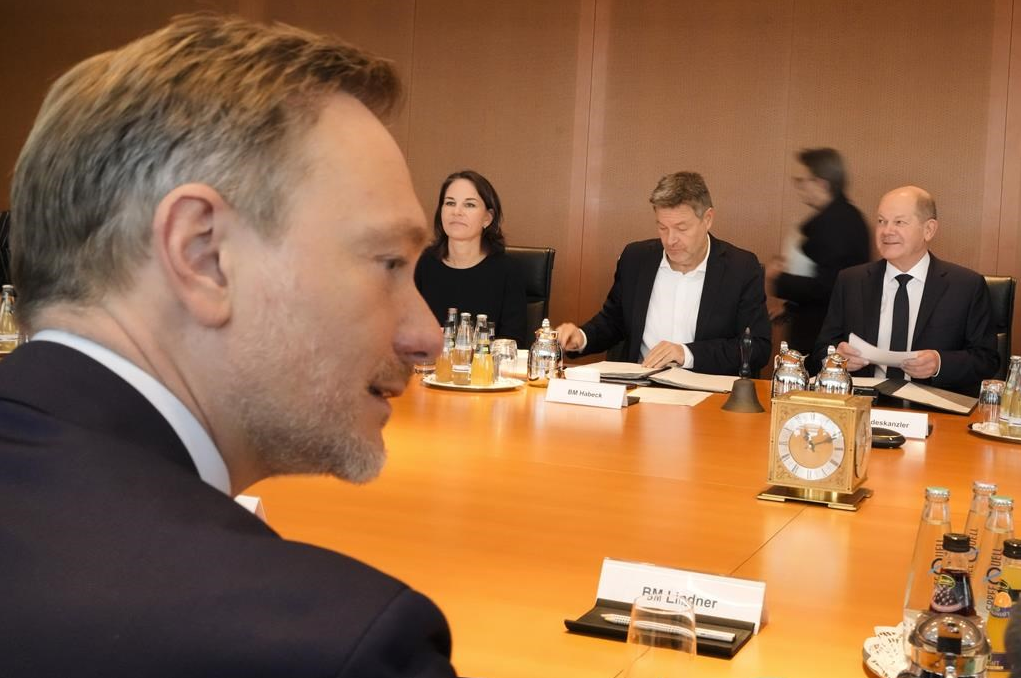
German Chancellor Olaf Scholz and his finance, foreign and economic ministers during a Cabinet meeting at the Chancellery in Berlin, November 15, 2023. Photo: AP/Toronto City News
The mood was somber when Mr Habeck appeared at a Green Party conference in Karlsruhe on 23 November. Many of the more than 800 delegates were disappointed with the painful cuts the Greens are now facing following the ruling.
The budget dilemma will force Vice Chancellor Habeck – who is also Germany’s minister for economics and climate protection – to scale back his ambitious green agenda. But he tried to ease widespread frustration in the room.
Mr Habeck has long opposed the “debt brake”, a limit set in the German constitution on net new borrowing – which is supported by the FDP in the ruling coalition as well as the conservative opposition.
“With the debt brake, we have voluntarily tied our hands behind our backs and entered a boxing match,” Habeck told delegates. “Is this how we want to win? Other competitors are strengthening their gloves, while we don’t even have hands.”
Mr Habeck also criticised conservative opposition leader Friedrich Merz, who has met several times with Mr Scholz in recent weeks to forge a political consensus on a stricter migration policy. Many Greens fear this could pave the way for another grand coalition, one between Mr Scholz’s SPD and the CDU-led conservative bloc, which would push the Greens back into opposition.
Approval ratings plummet
Mr Habeck’s emotional speech may have prevented a revolt within the Greens’ grassroots that was pushing to abandon the coalition with Mr Scholz’s SPD. But it could not erase the fact that voter support for the “traffic light” coalition has fallen to an all-time low.
This was before the Federal Constitutional Court ruled to stop the government from using huge extra-budgetary funds to finance a fundamental overhaul of the industrial backbone of Europe's largest economy.
A weekly poll conducted by the German Institute for New Social Answers (INSA) for the Bild am Sonntag newspaper found that 73 percent of respondents were dissatisfied with the federal government.
The support rates for the three parties in the ruling coalition were 16% for the SPD, 12% for the Green Party and 6% for the FDP.
“The coalition’s support has dropped to 34%, 18 percentage points less than in the 2021 federal election,” INSA head Hermann Binkert said. “It now looks unlikely that either the SPD or the Greens will be able to lead a government after the 2025 general election.”
The conservative opposition CDU/CSU remained the strongest scorer with an unchanged 30%, while the far-right AfD party won 22% support.
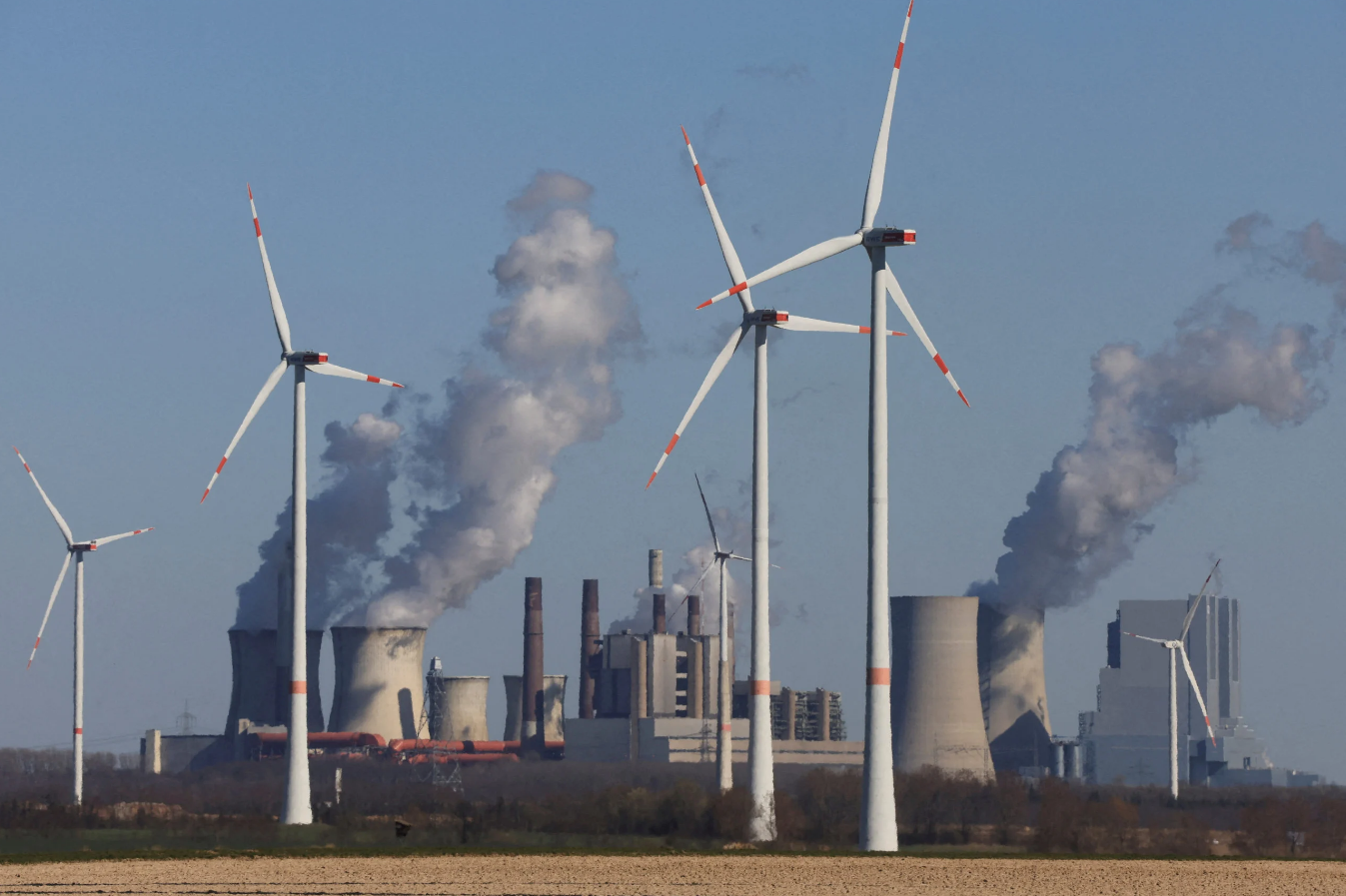
Wind turbines and brown coal-fired power plants of RWE, one of Europe's largest power companies, in Neurath, near Cologne, Germany, March 18, 2022. Photo: Inquirer
But what is more worrying for the SPD and the Greens – the two parties that want to loosen the “debt brake” – is that 61% of Germans want the “debt brake” to remain in place, and just 35% agree with higher debt levels, according to public broadcaster ZDF.
The Green Party is arguably the hardest hit by recent developments. The Green Party, which traces its roots to the peace and environmental movements in Germany 40 years ago, has for the first time faced the tragic reality of failing to meet its ambitious climate goals following the Russia-Ukraine conflict.
Germany is being forced to revive and expand coal-fired power plants to ease its energy crisis after the Green Party and SPD leaders vowed to close the country's remaining nuclear power plants.
The radical FDP is also facing an internal challenge. More than 500 of its members have come forward to support a party poll on whether to stay in the coalition. Party rules stipulate that once enough signatures are received, all of the FDP’s roughly 75,000 members must be asked about the issue.
However, according to a party spokesperson, the official request has not yet been submitted by party headquarters. But the move by FDP members shows a rift within the party that has not been seen before.
The negotiations are never ending.
Compared with the infighting within the Greens and the FDP, the SPD has sought to present a united front. No party officials have publicly questioned the leadership of Mr Scholz, who belongs to the more pragmatic, business-friendly wing of the centre-left party.
But Chancellor Scholz and his inner circle are locked in almost non-stop negotiations behind closed doors to try to resolve the budget crisis.
The stakes are high for Mr Scholz because the outcome of the talks will essentially shape the second half of his first term as chancellor, and determine whether he has a chance to stay in power beyond 2025 when the next federal election is scheduled to take place.

Graphics: Bloomberg
In a video statement released on November 24, Mr Scholz pledged that financial aid to ease the burden of high energy prices was not under threat and that the government would not divert from initiatives that include maintaining support for Ukraine and modernizing and greening Europe’s largest economy. “We will continue to pursue all these goals,” he said.
However, left-leaning SPD members such as party co-leader Saskia Esken and Secretary General Kevin Kuehnert have stepped up the pressure in recent days by explicitly ruling out cuts in social welfare spending and calling for the suspension of the “debt brake” for both this year and next to ensure planned investments in climate protection and the industrial transition.
It is not just a few “hotheads who want to break up the coalition,” says Ursula Muench, director of the Institute of Political Education in Tutzing. This is not a threat at the moment, she says, but it could certainly change in the future .
Minh Duc (According to Bloomberg, Reuters, Politico EU)
Source


![[Photo] General Secretary To Lam receives Japanese Ambassador to Vietnam Ito Naoki](https://vstatic.vietnam.vn/vietnam/resource/IMAGE/2025/4/3/3a5d233bc09d4928ac9bfed97674be98)
![[Photo] Special relics at the Vietnam Military History Museum associated with the heroic April 30th](https://vstatic.vietnam.vn/vietnam/resource/IMAGE/2025/4/3/a49d65b17b804e398de42bc2caba8368)
![[Photo] Moment of love: Myanmar people are moved to thank Vietnamese soldiers](https://vstatic.vietnam.vn/vietnam/resource/IMAGE/2025/4/3/9b2e07196eb14aa5aacb1bc9e067ae6f)



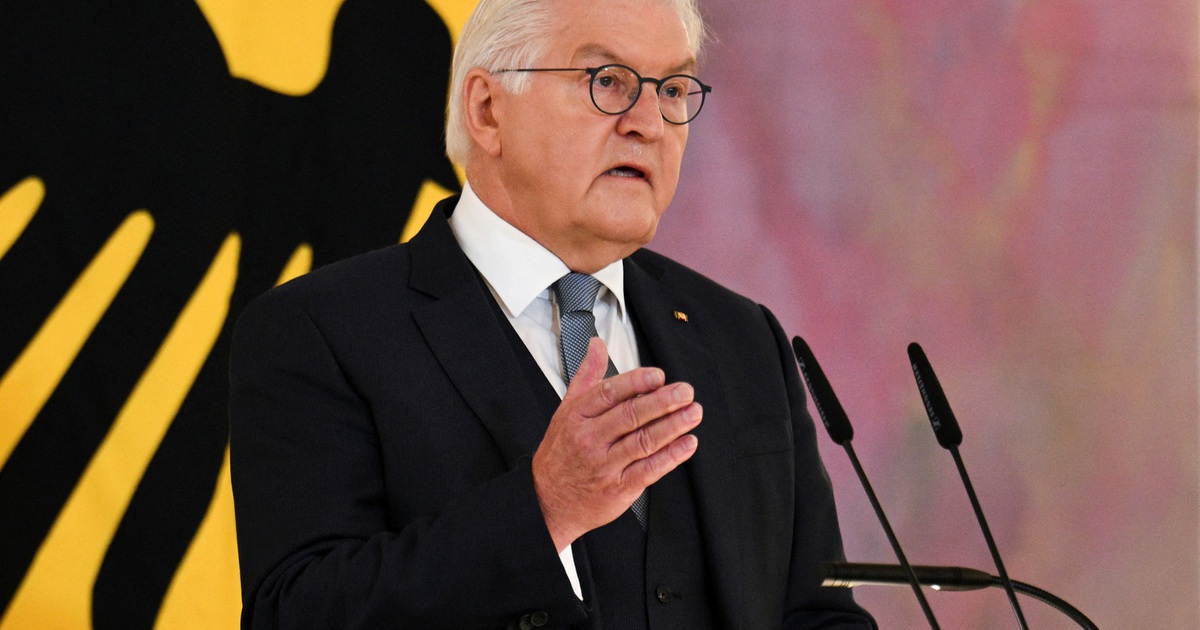

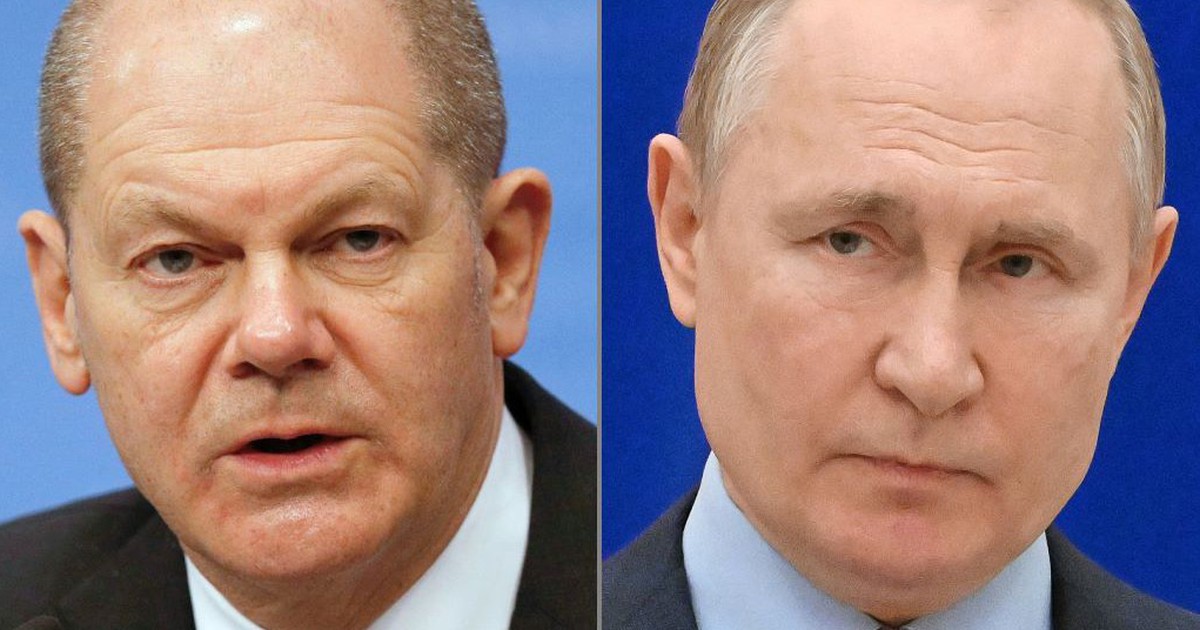

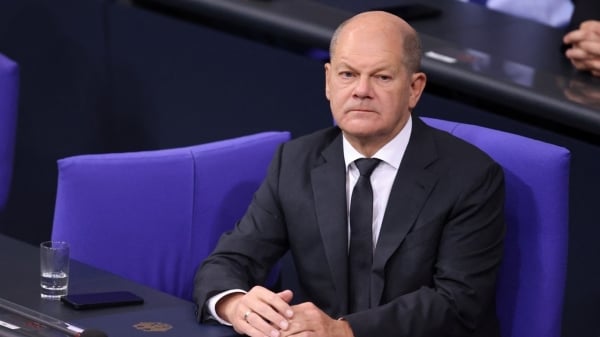

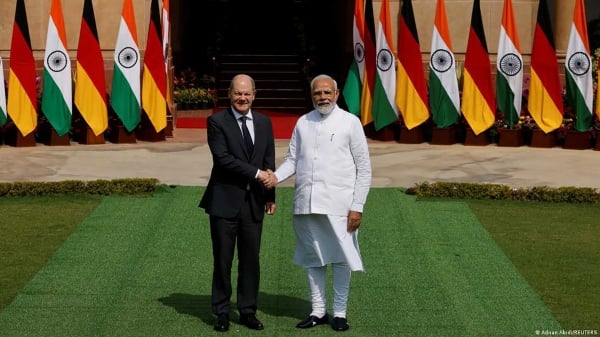
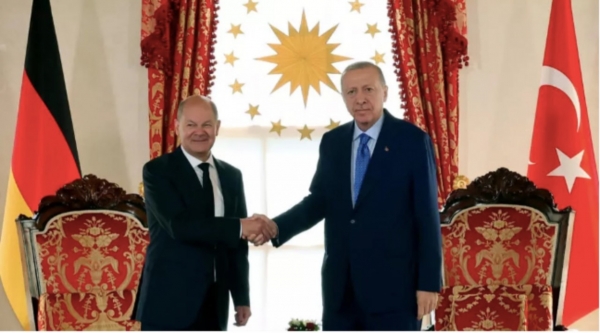
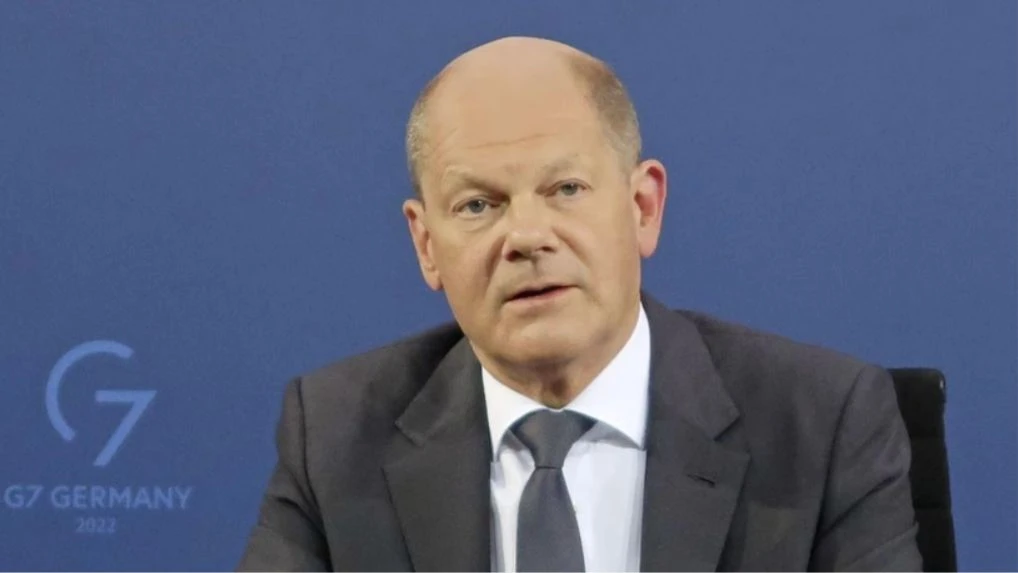



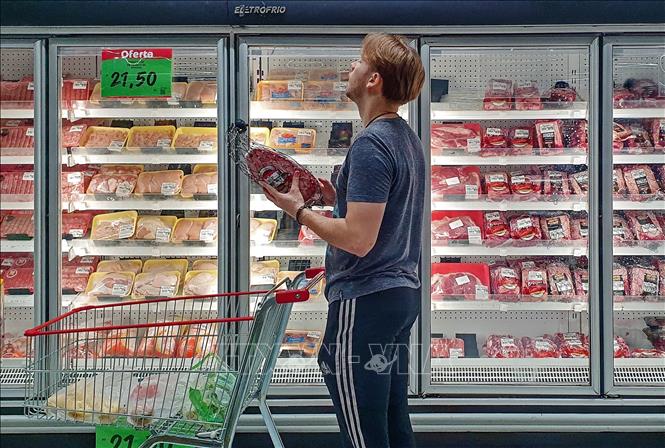
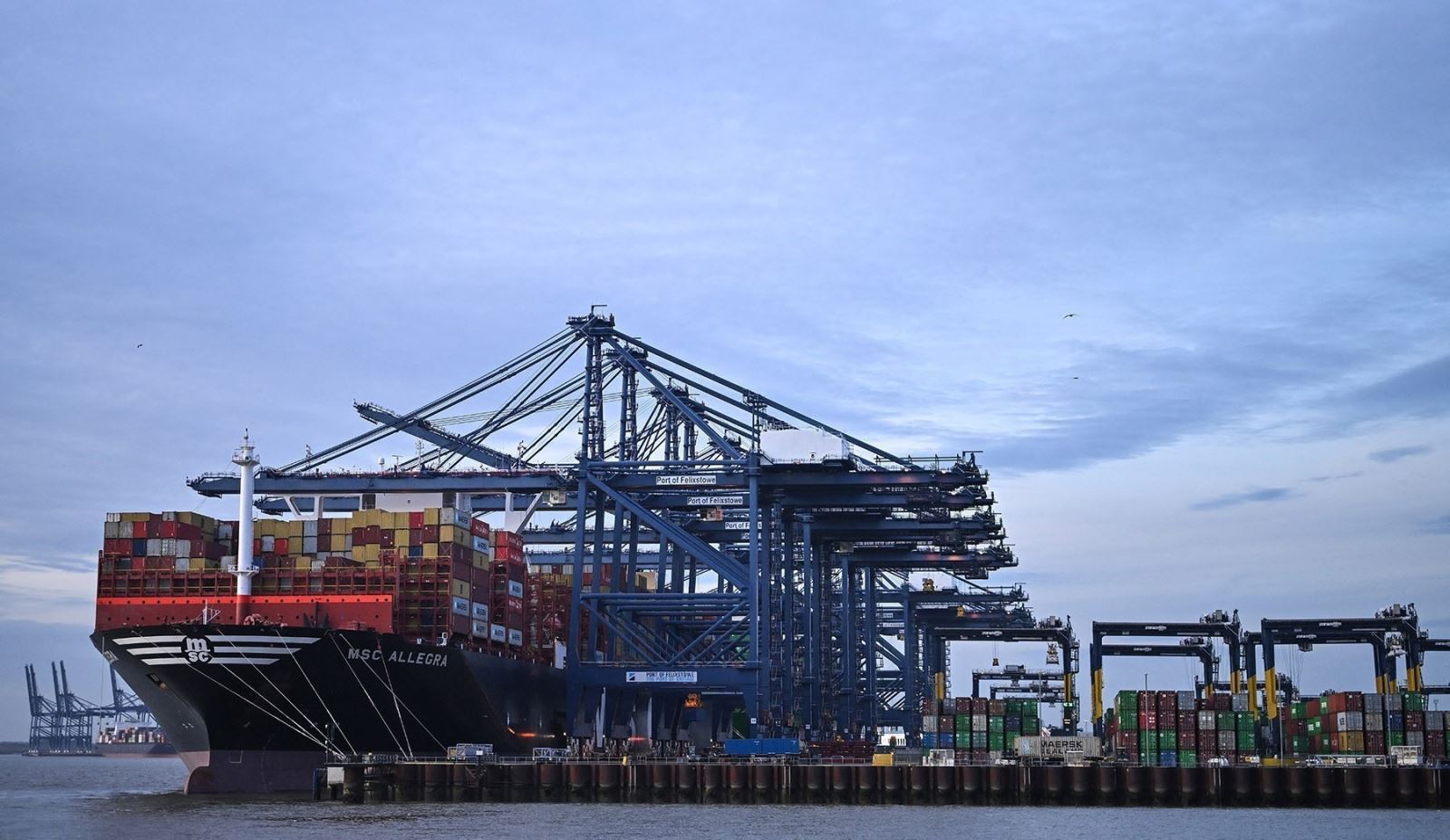











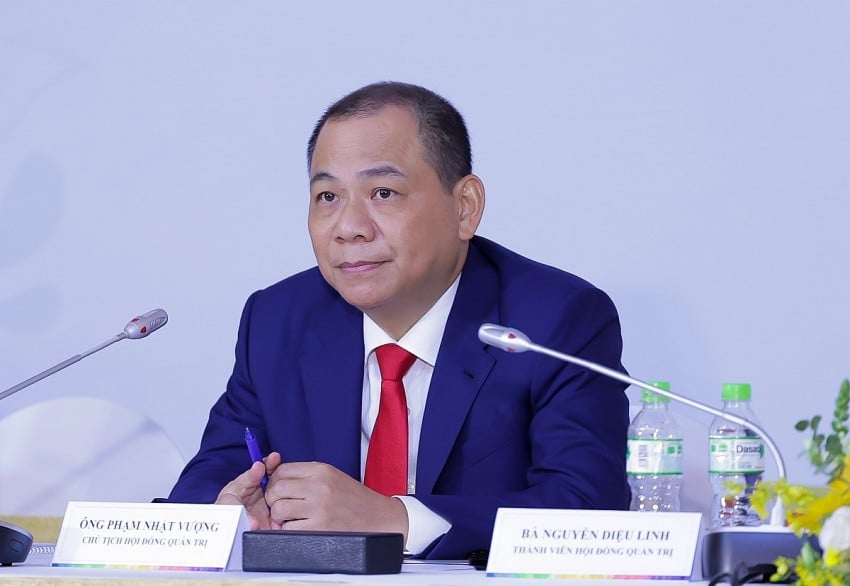




























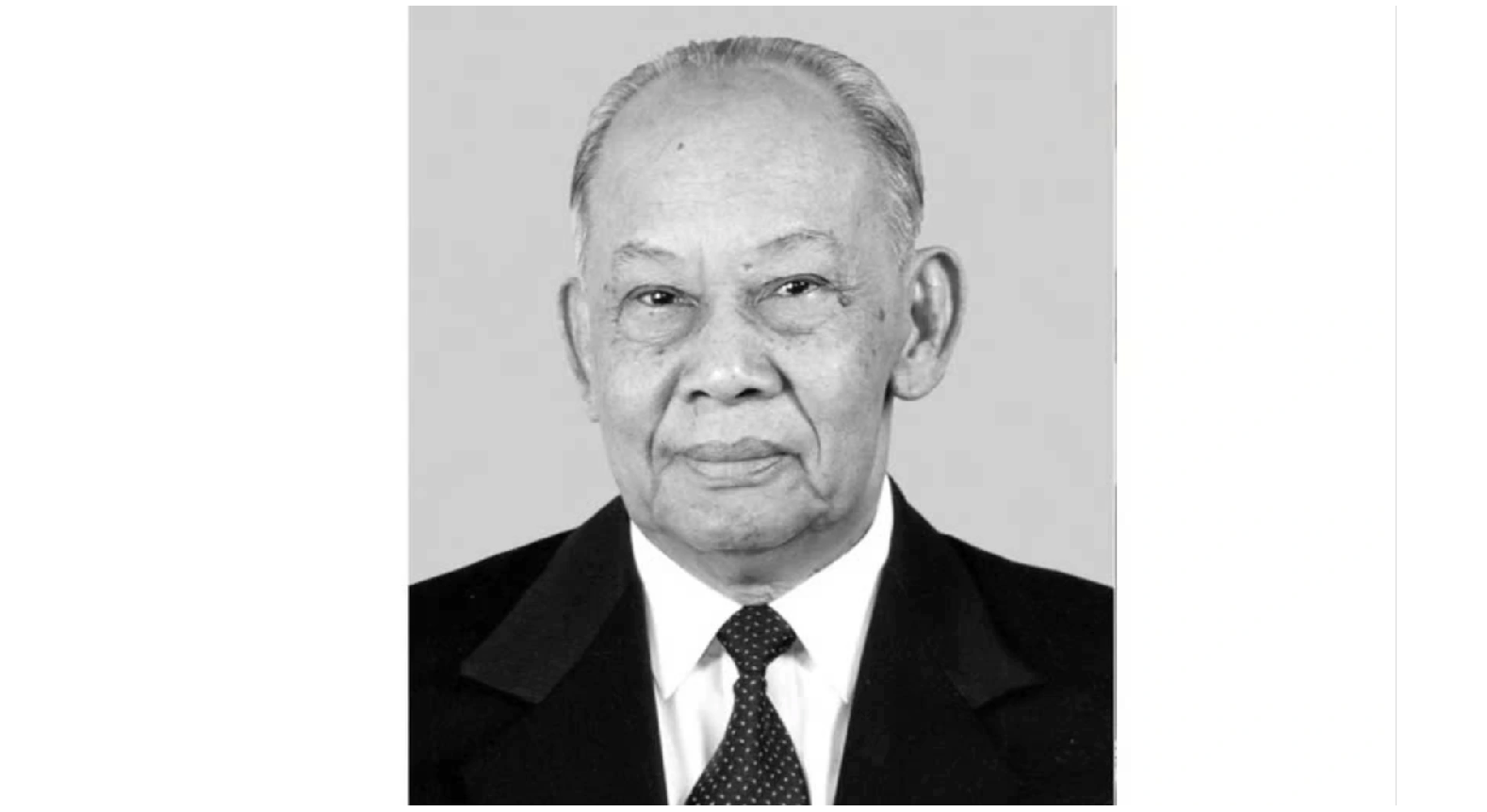
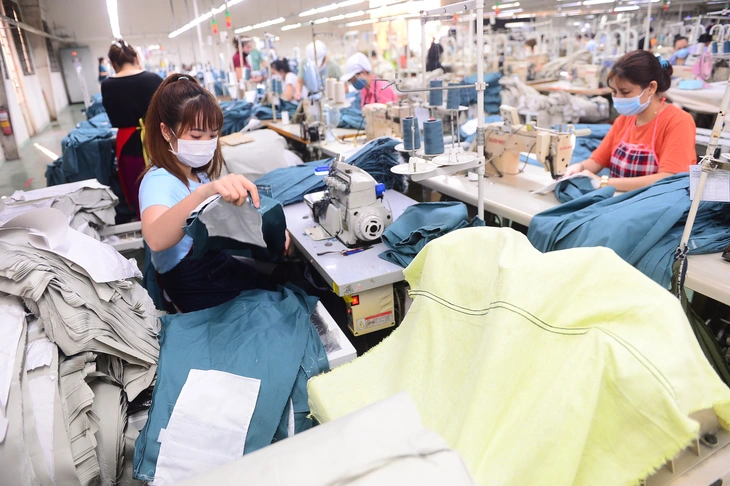
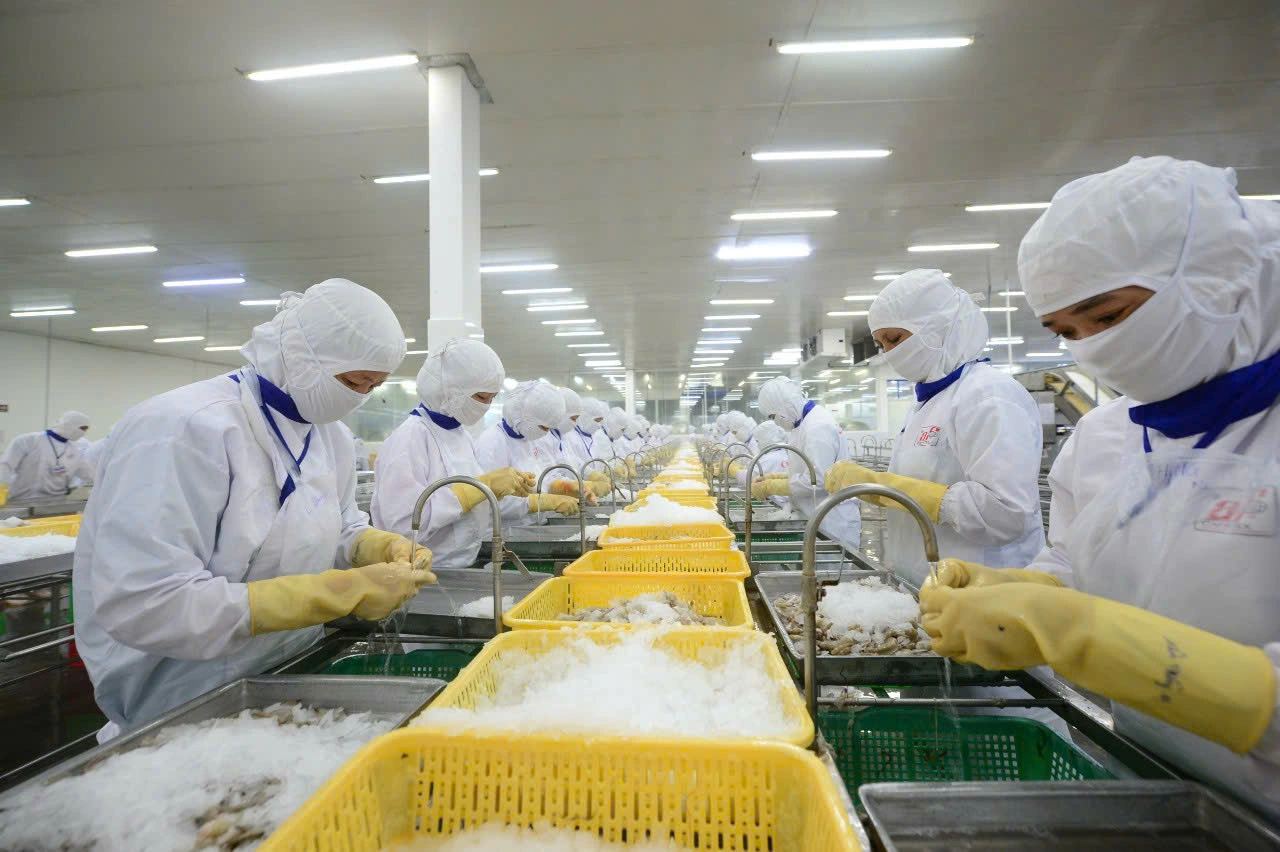






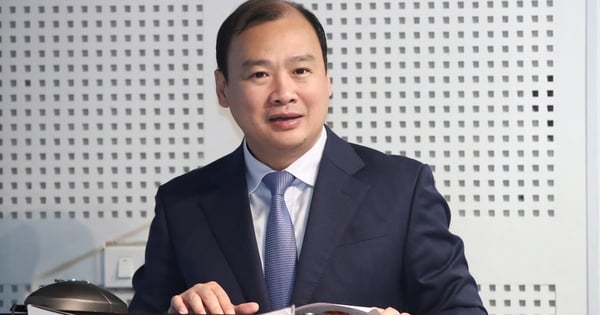
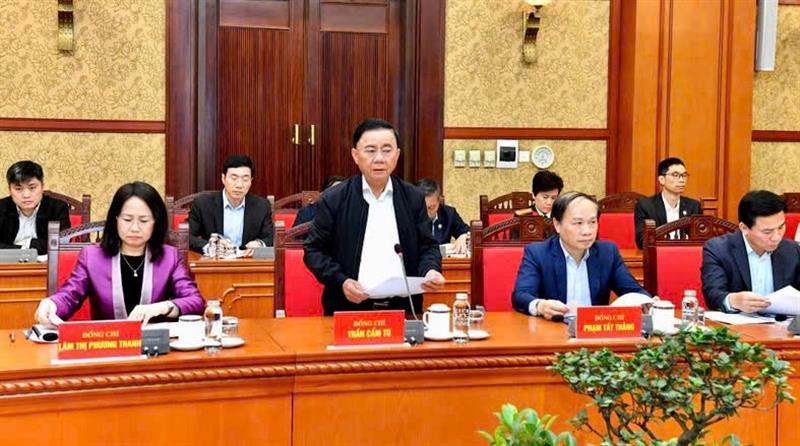

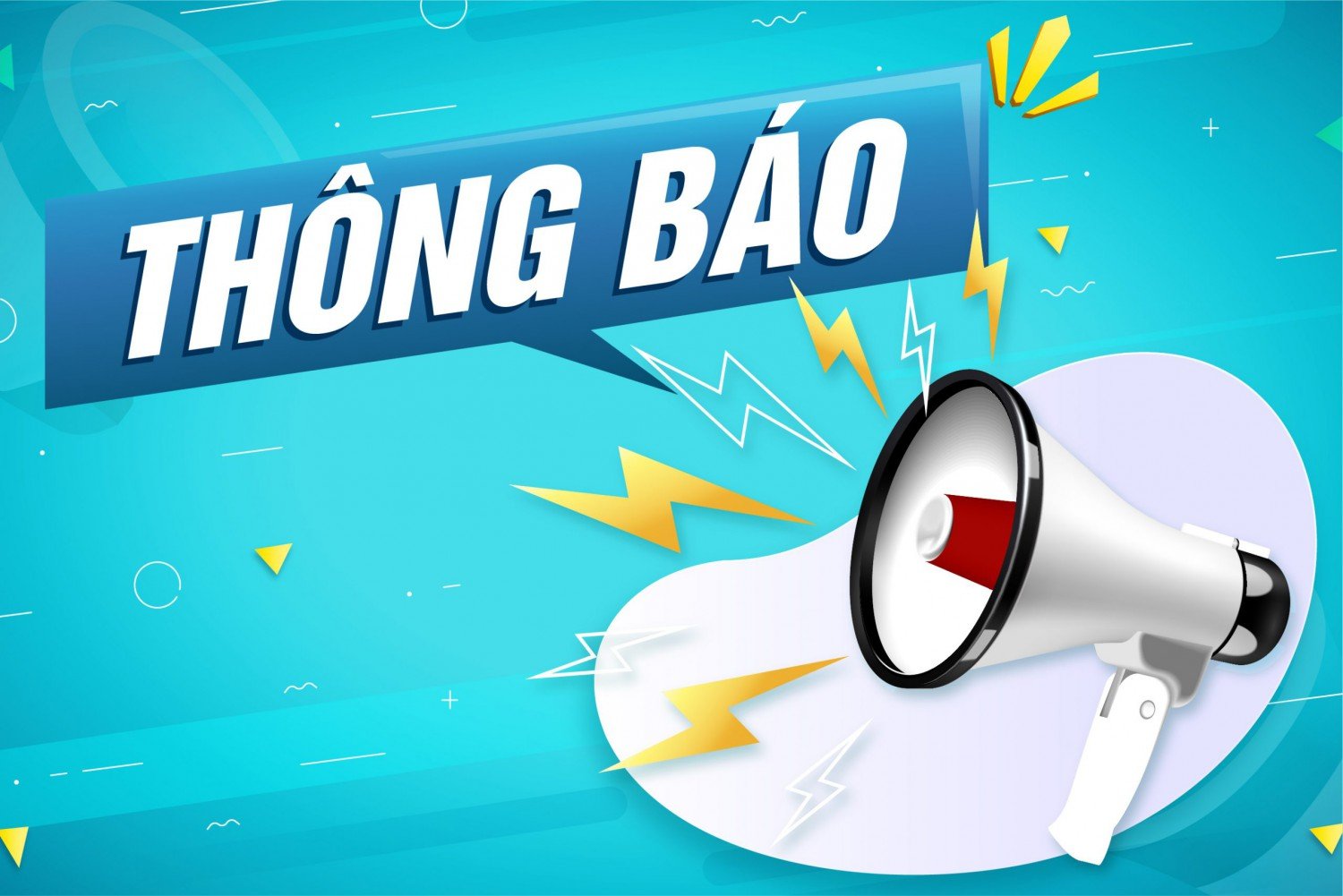






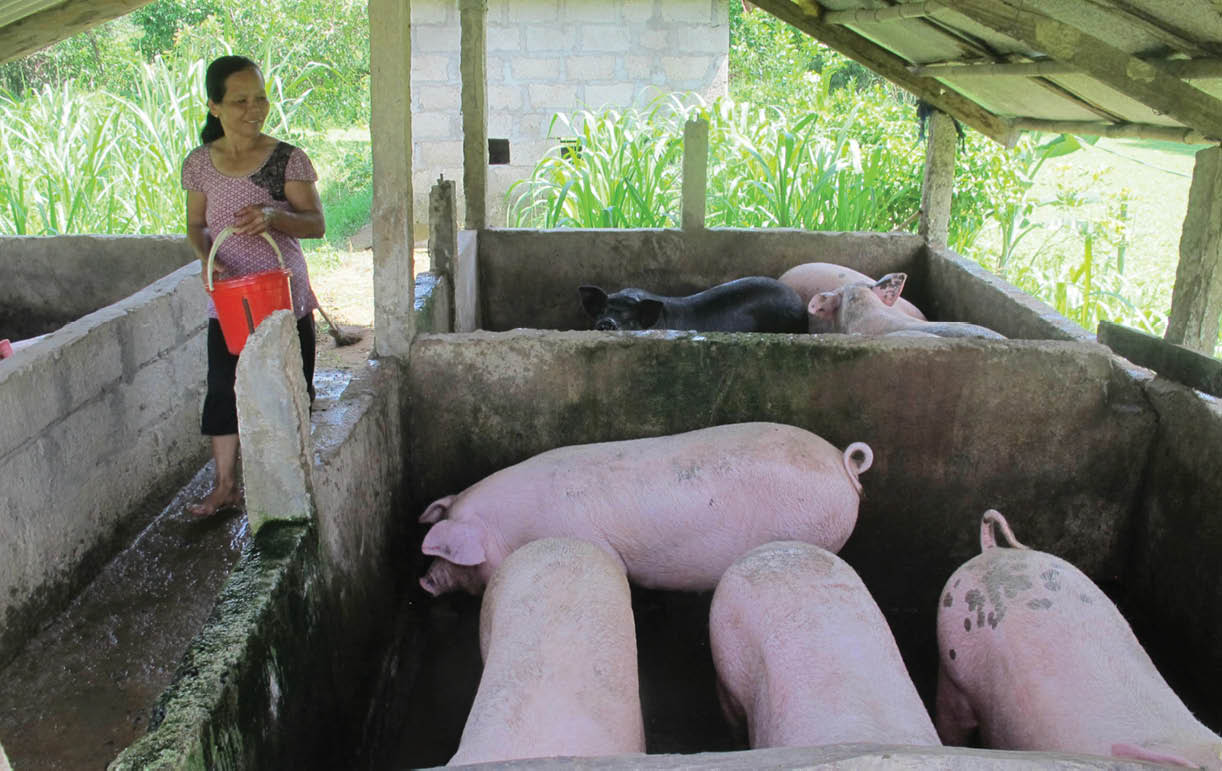

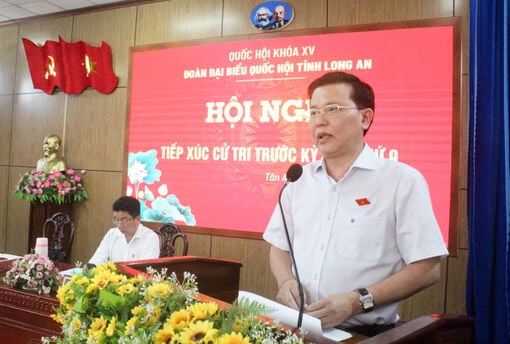












Comment (0)